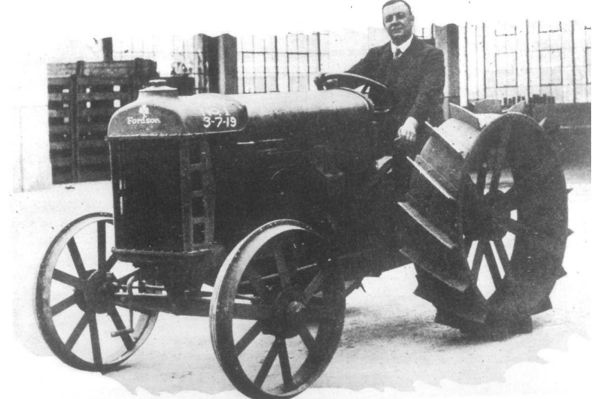
Tom Murphy
Professional Agricultural
Contractors of Ireland
A driving force

It has become a driving force behind Ireland’s economic success enabling the expansion of co-operatives that have grown into international players, have, it is said, a combined turnover of €14bn, and employ 12,000 people. It is fair to say that this incredible growth is down to generations of family-run farms with cheap labour doing hard work, and allowed others down the chain to build international companies. These entrepreneurs had incredible vision but sadly farming families never really reaped the rewards they deserve.
Role of contractors
I have paid tribute to farmers and their families who enabled this growth, but none of this would have been possible without agricultural contractors and their families. Over decades, this group took huge risks investing in machinery to support farmers in meeting the targets set for increased agricultural output. They did this without any financial help and with no support from the government or the EU. Agricultural contractors continue to provide vital services to farmers and without them most farms in Ireland would not perform as well as they do today.
Although the 1970s is rightly considered to be a period of significant expansion in farm machinery it should be noted that Ireland produced tractors in Cork in 1919, when the Fordson rolled of the assembly line. The 1980s saw EU policies begin to influence modernisation and intensification in Irish farming and this was encouraged through subsidies. With the expansion of dairy and grain production, contractors needed to invest in more sophisticated machinery as they were now required, not only for harvesting but also for ploughing, seeding, spraying, and fertilising. All these services were highly mechanised and technologically driven. During the 1990s and early 2000s further advances were made in GPS thus enabling precision farming; this new technology was provided almost exclusively by contractors. During this period Ireland, like the rest of Europe, saw a growing trend in farm consolidation bringing with it more farm specialisation. This resulted in a greater reliance on contractors, as the cost of new technologies came at price farmers could not afford. Without the services of agricultural contractors and their considerable investment in the latest technologies, the increase in farm production would not have been viable and the cornerstone of the Irish economy would not have been possible.
Risk but not much reward
The growth of the agricultural sector over the last 50 years was impacted by volatile markets, fluctuating prices for agricultural produce and a changing Common Agricultural Policy, which affected the profitability of many Irish farms and consequently contracting businesses. To continue to provide a quality service contractors must maintain cutting-edge machinery, requiring substantial capital investment and stringent financial planning. They are in the most high-risk business with no financial help by way of subsidies unlike their farmer clients.
Over the years this has forced some contractors to diversify outside traditional farming services into environmental and land management work. Going forward contractors will still be a lifeline to farmers and a significant contributor to the Irish economy in their own right. Their perseverance and adaptability in a rapidly changing environment deserves, in my opinion, much greater respect and recognition for the their commitment to Irish agriculture. It’s now time to acknowledge the agricultural contracting sector as an irreplaceable and essential component of the rural economy and finally bring them under the umbrella of the Department of Agriculture, Food and the Marine.





